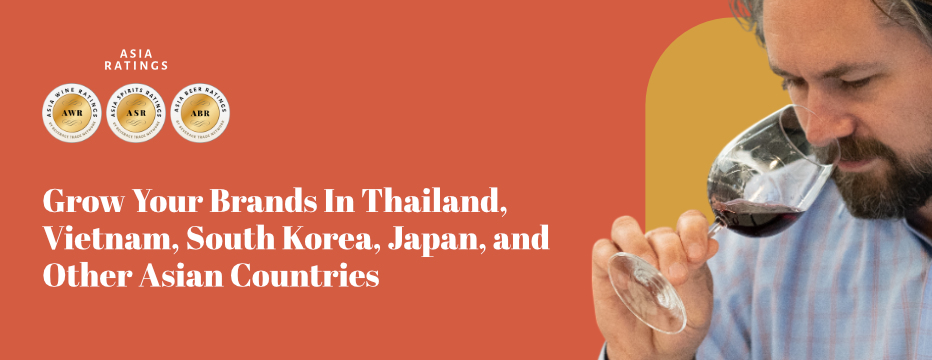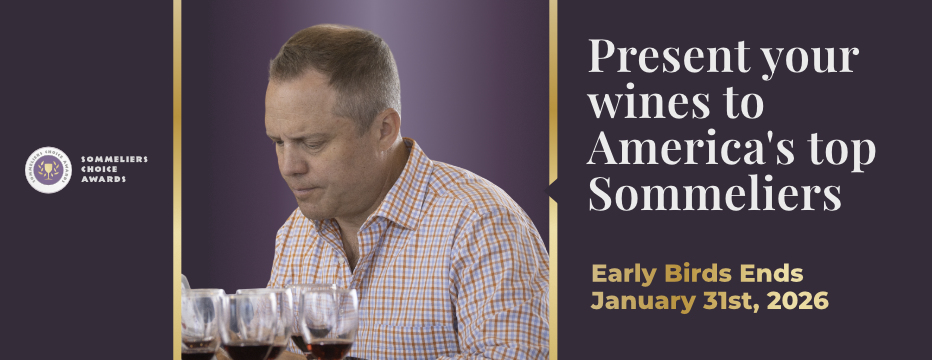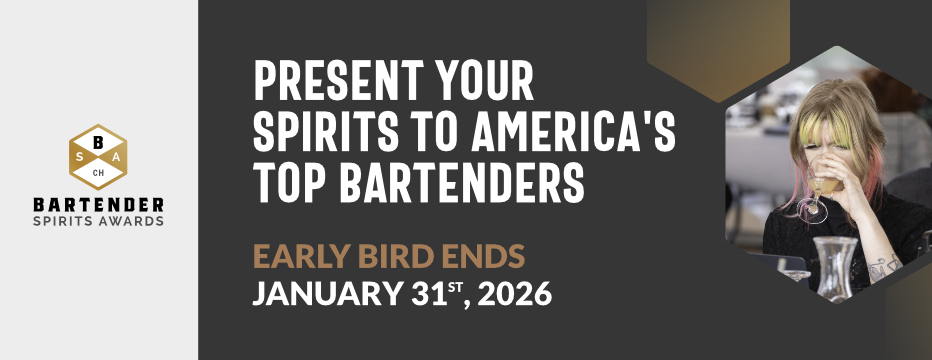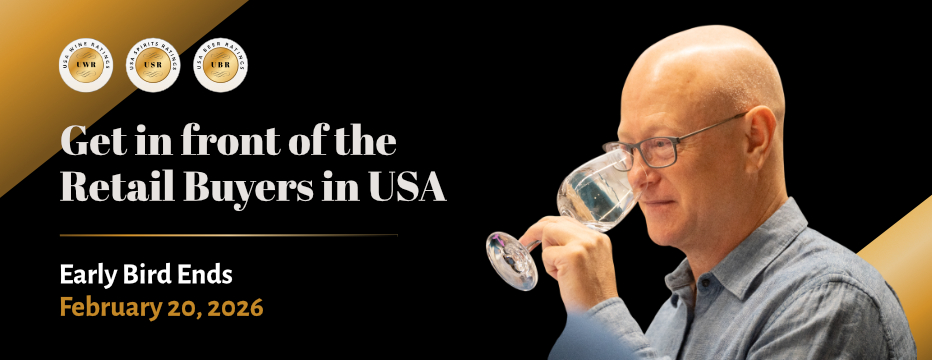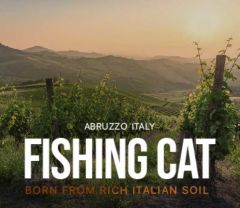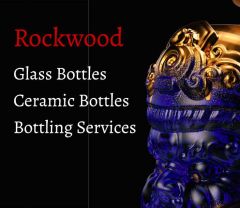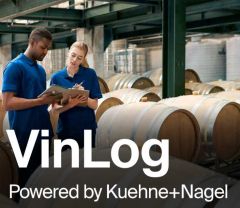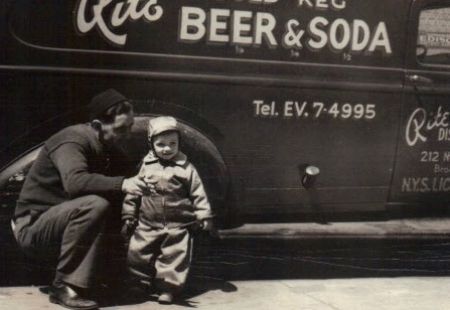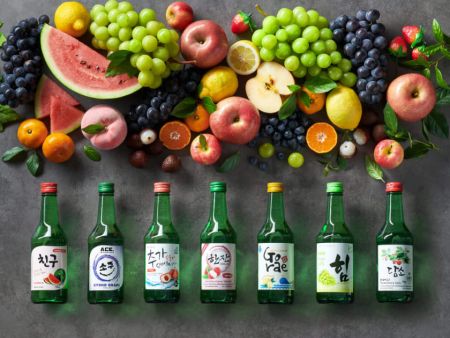Sommeliers Choice Awards 2025 Winners
Southern Glazer’s Approach to Wine Education: Insights from Matthew Citriglia
The evolving role of wine education, service, and hospitality
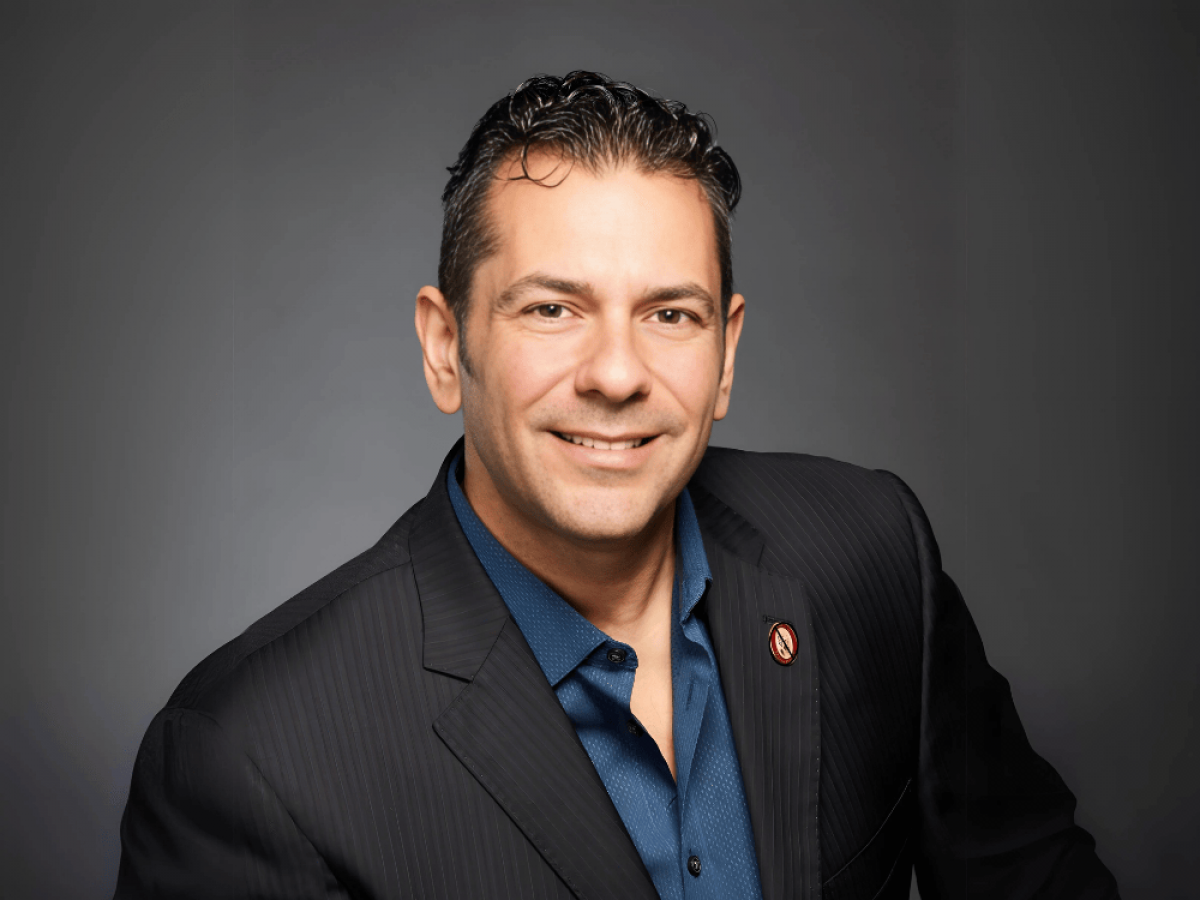
Matthew Citriglia’s journey through the wine industry reads like a masterclass in dedication, adaptability, and education. Starting out by stocking shelves in his father’s beverage store, he developed a passion that would carry him through retail, wholesale, and finally to the prestigious title of Master Sommelier. Today, as the Director of Education at Southern Glazer’s Wine & Spirits in Florida, Matthew plays an instrumental role in shaping how wine professionals engage with both their craft and their consumers. His career, spanning more than 30 years, has been marked by a relentless pursuit of knowledge, a passion for service, and a commitment to making wine education approachable and meaningful.
In this in-depth conversation, Matthew reflects on the moments that defined his career, his pivotal contributions to the Court of Master Sommeliers, and how Southern Glazer’s is adapting to the evolving landscape of wine education. Whether navigating the complexities of online learning or mentoring aspiring sommeliers, Matthew’s insights provide a glimpse into the future of wine and hospitality, one that values humility, service, and the human connection that makes the wine industry truly special.
Matthew, you’ve had an interesting journey in the wine world, from stocking shelves at your father’s beverage store to becoming a Master Sommelier. Looking back, what were some of the pivotal moments that shaped your passion for wine and education?
The most pivotal moment was working with my father. He had a small beverage store attached to a gas station, but it was packed with world-class wine. In my youth, I didn’t fully understand just how lucky I was to be part of that culture. Although I went to college for electrical engineering, I was fascinated by how he and sales consultants tasted wine and helped customers find the right style without imposing personal preferences. When I realized engineering wasn’t for me, I decided to stay in the wine industry until I could find a real job. I had no idea it would become my career.
Additionally, I realized early on that being a wine geek would never pay the bills. Learning how to use wine knowledge to find opportunities, overcome objections, and close a sale is what drove my desire for education. As I worked with restaurateurs and sales consultants, it became clear they needed help simplifying wine. It was very rewarding to see a server or sales consultant have that light bulb moment and make a sale.
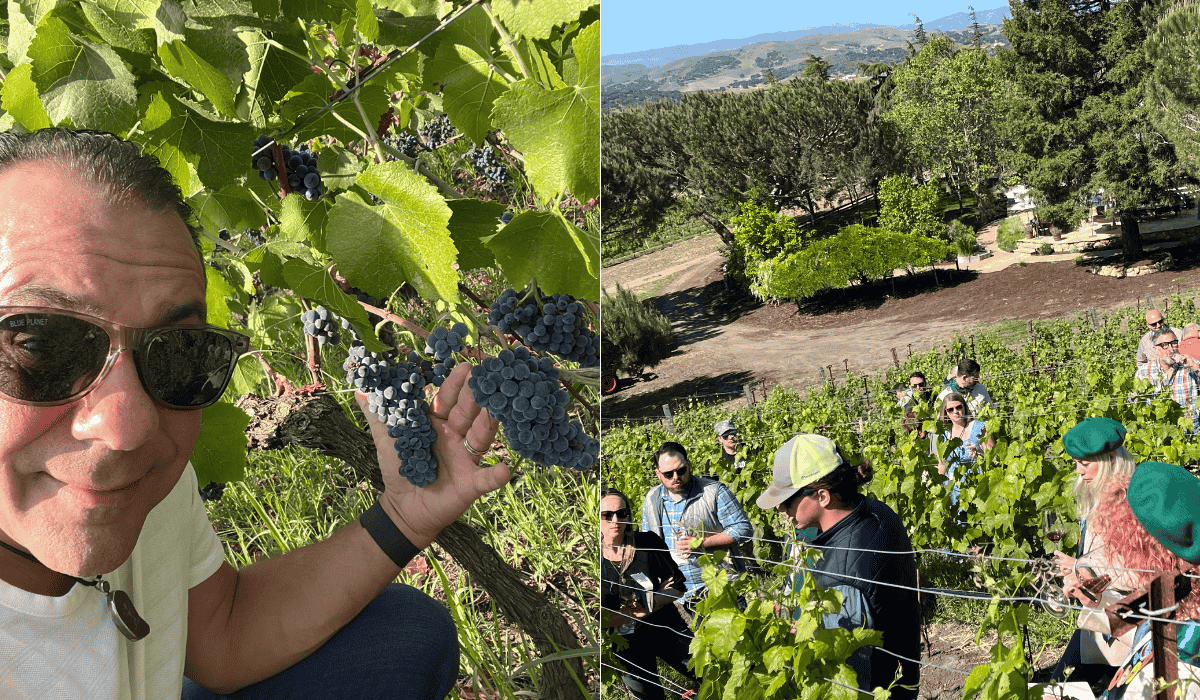
Image: Matthew at Murgo Winery, Nerello Mascalese.
Your role as Director of Education at Southern Glazer’s Wine & Spirits is instrumental in shaping how industry professionals approach wine knowledge. How do you ensure that sommeliers have deep expertise while they also make wine approachable and exciting for consumers?
We have a problem in hospitality today, where gatekeepers are imposing their personal taste on to the consumer. This is not hospitality and is turning people off wine. Hospitality demands that those selling remove their personal bias and listen to the consumers. Consumers get excited when a hospitality expert recommends a wine that not only fits their price point and personal tastes but also over-delivers. It is really not that difficult but requires sellers to check their ego at the door.
You’ve played a key role in developing the “Certified Sommelier” level for the Court of Master Sommeliers. How has this addition impacted the path to becoming a Master Sommelier, and what inspired its creation?
This level was created because people wanted to be certified, and the Introductory course was not a certification. It is exactly what the name implies, an introduction to the Court of Master Sommeliers. As the organization became more popular, we realized a basic certification exam was needed. It also provided a good stopping point for the vast majority of people in the industry. Pursuing the Master's exam is not important to becoming a successful hospitality person. Pursuing the Master is for those who want to do the impossible, like climbing Mt Everest. It should only be done for personal gratification or contentment. Those who do it for fame, fortune, or career will be disappointed.
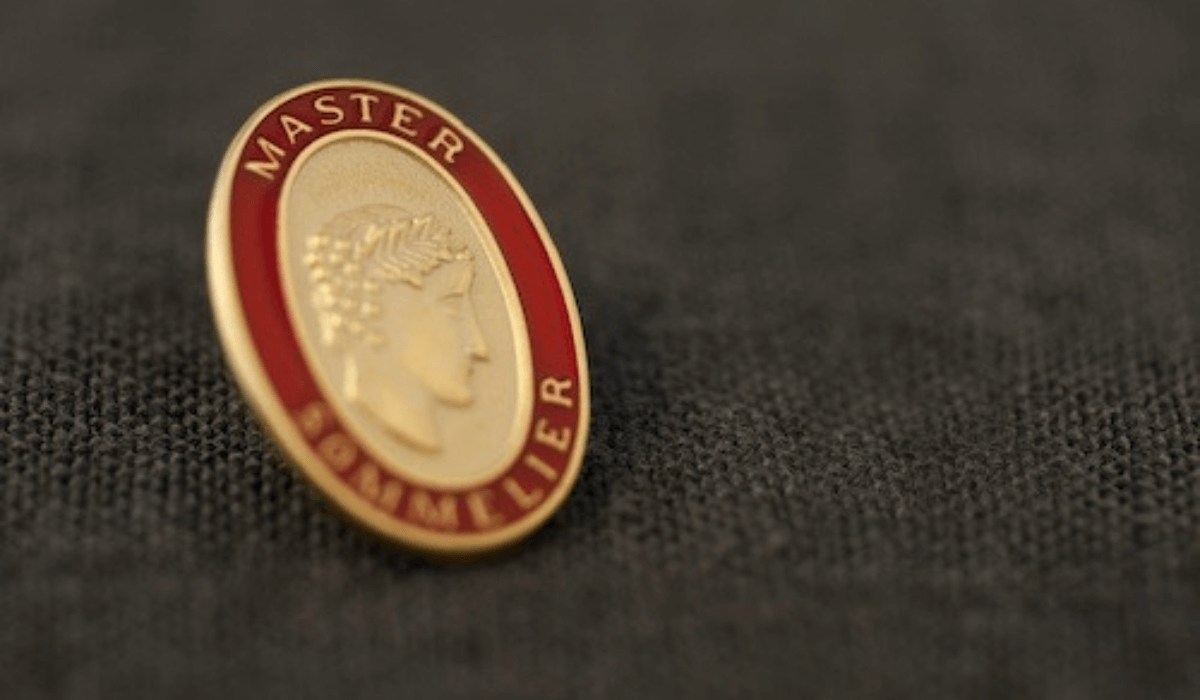
Image Source: Court of Master Sommeliers
With the rise of digital education, particularly in the past few years, how do you see online learning evolving in the wine and spirits industry? What role does it play in your current work at Southern Glazer’s?
Online learning offers great convenience and efficiency, but it comes with notable challenges. For instance, conducting effective tastings online is nearly impossible, as participants are sampling different bottles from various locations. Additionally, the impersonal nature of digital education can strip away the passion and excitement that come from engaging with the products. Moreover, online platforms tend to be structured for straightforward, black-and-white teaching, whereas wine exists in a more nuanced, grey area. The many exceptions and personal interpretations that define wine are often lost without the guidance of a human leading the experience. We are working on developing some hybrid train-the-trainer programs where a digital outline exists but can be executed by a local area manager.
You’ve been a mentor to many aspiring sommeliers over the years. What is the most rewarding aspect of mentoring, and how has it changed your own perspective on the wine industry?
I am humbled that anyone would want to sit, taste, and learn from me. It is an incredible honor that I take very seriously. My goal is to help aspiring sommeliers uncover their raw talent and refine it so that one day they can pay forward what they’ve learned to others. What I’ve come to realize through mentoring is that the wine and spirits industry is fundamentally rooted in hospitality. Without it, these beverages become little more than products to sell. It’s the human connection that truly gives them meaning.
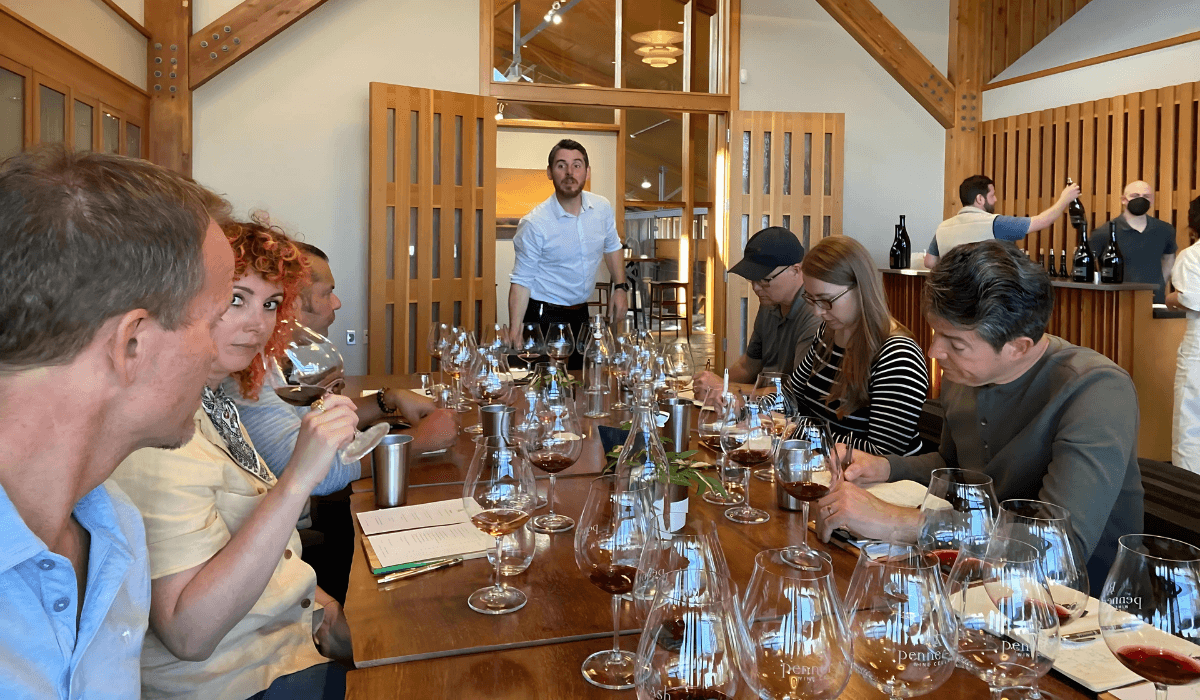
Image: The SGWS Education team at Penner-Ash wine cellar.
With your extensive experience in both wholesale and retail, what trends are you seeing in consumer preferences, and how is Southern Glazer’s adapting to meet those shifts? We’ve seen a noticeable downshift in Gen Z’s adoption of wine, with younger consumers gravitating toward alternative beverages like hard seltzers and cocktails. From your perspective, what can the wine industry do to re-engage this demographic? And what’s your take on the growing trend of no- and low-alcohol wines and spirits—how should the industry approach this evolving category?
I believe we’re expecting too much from Gen Z’s consumption habits. When my generation was their age, we were drinking bland beer, overly sweet wine, and cheap whiskey. It wasn’t until the mid to late 30s that we started appreciating quality wine. We need to keep in mind that Gen Z has a wider range of options and, more importantly, they’re curious. Instead of resisting this curiosity, we should embrace it. While the anti-alcohol movement is certainly concerning, it can be countered—just as it was in the 1980s. What we’re seeing today isn’t new, and we must draw from our past experiences to develop effective strategies for addressing the misinformation and disinformation surrounding wine and spirits.
You often speak and lecture on a wide variety of beverage topics. Is there a particular subject that you feel is underappreciated or misunderstood in the wine world that you’re passionate about bringing to the forefront?
There has never been a better time to be involved in the world of wine. Between emerging markets and innovation, it is hard to keep up. Additionally, wine quality has never been higher. The Midwesterner in me loves finding value. What are those grapes and regions that are offering the best quality/price ratio? There are so many now. Whether it's unknown indigenous grapes of Italy or Spain, the immerging cool climate regions of California and Chile, or all the new options for sparkling wine… so much exciting stuff is happening in the world of wine today.
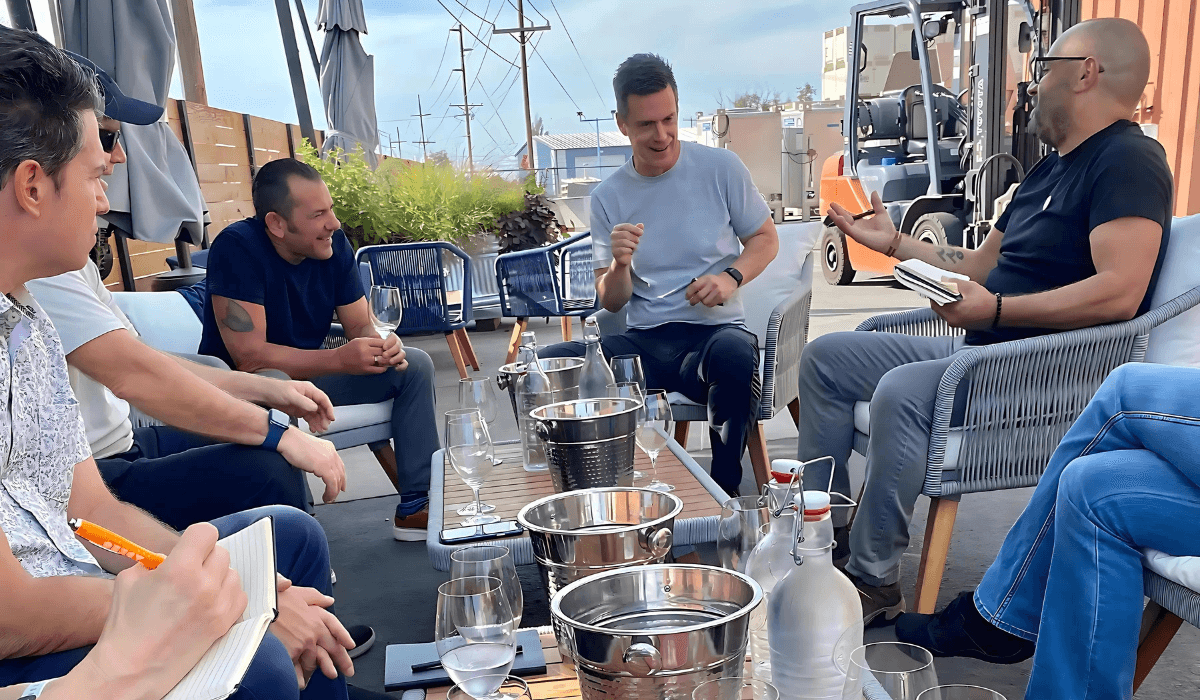
Image: The SGWS Education team at Gramercy cellar.
You’ve judged sommelier competitions and coordinated exams. What are the key traits that differentiate a good sommelier from a truly exceptional one?
Hospitality and humility!
The art of service has been a recurring theme in your career, from your creation of The Winementor to your seminars on service. How do you think the role of the sommelier is evolving in today’s hospitality landscape?
This is a tough question to answer, and my response might be a bit controversial. I believe the traditional role of the sommelier has essentially died. While the title is still widely used by anyone who has earned a credential or studied wine extensively, the true essence of being a sommelier goes far beyond knowledge. It starts with service—putting others first. This means setting aside personal preferences, political views, and the desire for Insta-fame. A sommelier’s role is to make every guest, regardless of their attitude, feel like the most important person in the room.
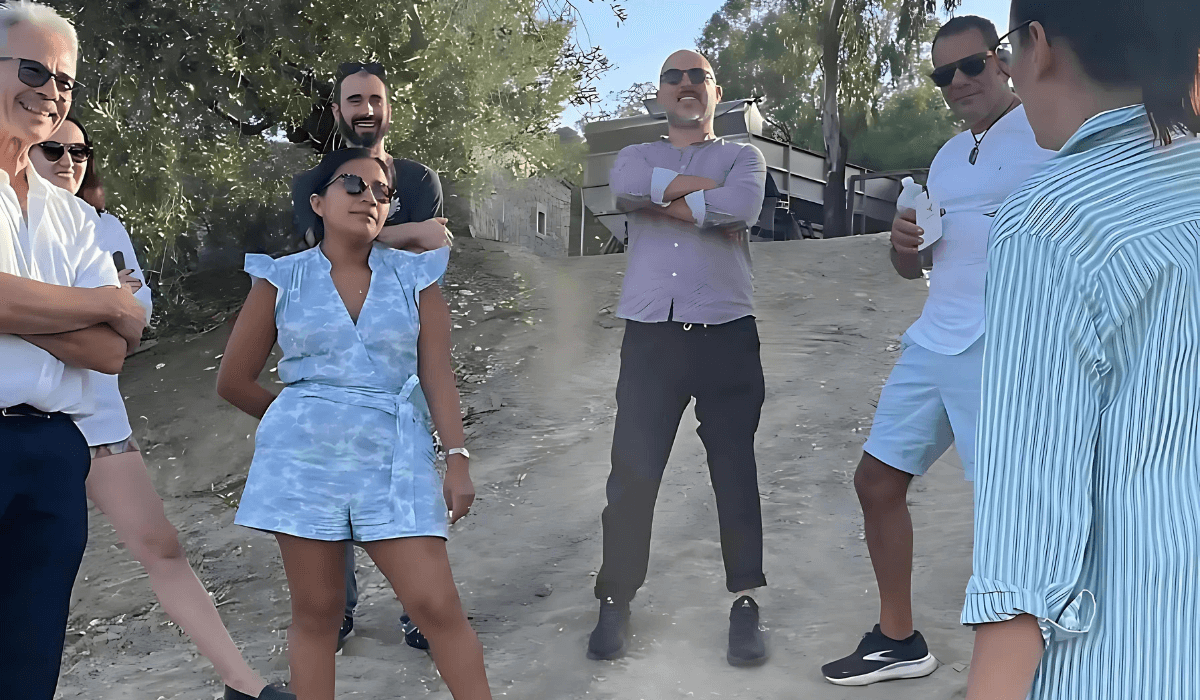
Image: Matthew Citriglia with Filippo Bartolotta on the Feudo Montoni Sicily tour.
You’ve spent decades working in the wine industry, which is constantly evolving. What excites you most about the future of wine education, and where do you see the next big opportunities for growth?
I kind of already answered this in question seven. There has never been a better time to be involved in the world of wine. Between emerging markets and innovation in existing markets, the opportunity for growth is only restricted by a lack of vision. The only limiting factor is anti-alcohol regulation.
[[relatedPurchasesItems-31]]
Conclusion:
As Matthew Citriglia continues to inspire and educate the next generation of wine professionals, his legacy within Southern Glazer’s Wine & Spirits and the broader industry is already undeniable. From pioneering certification levels within the Court of Master Sommeliers to addressing the challenges of digital education, Matthew’s vision for the future of wine is rooted in both passion and practicality. His emphasis on hospitality over ego, and on making wine accessible to all, ensures that the art of service remains at the heart of the industry. In an ever-evolving world of beverages, Matthew’s commitment to education ensures that wine remains more than just a product—it’s an experience, one that connects people, cultures, and stories across the globe.
In conversation with Malvika Patel, Editor and VP, Beverage Trade Network
Also Read:
Michelle Bramptonâs Vision for WSET: Leading with Inclusivity and Sustainability
How Eric Hemer Spearheads Education at Southern Glazer's
New High Quality Guide to Wine Education Programs and Scholarships a Great Value

